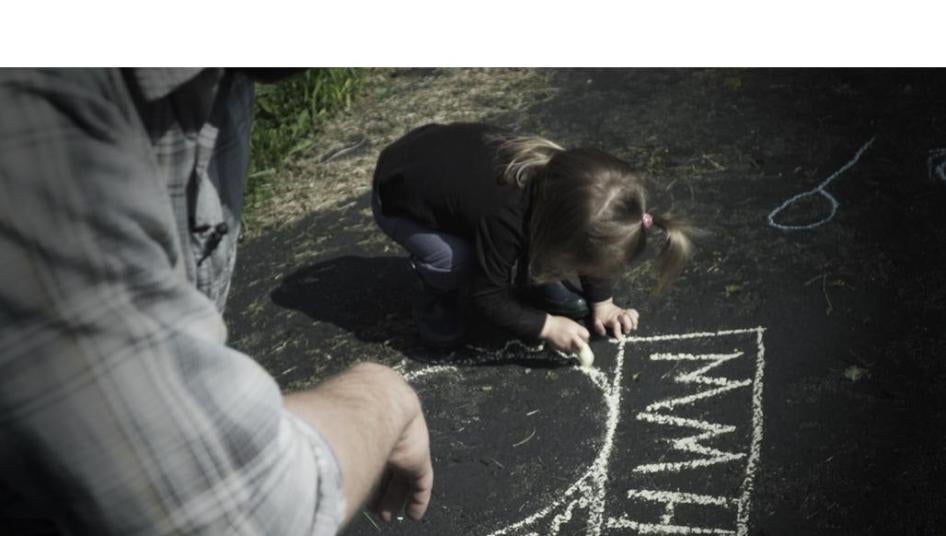American Bar Association Backs Intersex Autonomy
The American Bar Association (ABA), a membership organization for attorneys in the United States that develops professional ethics codes, has issued a resolution supporting the rights of children with intersex traits to consent to surgeries.

The ABA’s resolution follows years of legal and policy progress recognizing that “normalizing” surgeries on people with variations in their sex characteristics should be chosen by the individual, not their parents or doctors.
Around the world, since the 1950s, people born with variations in their sex characteristics, sometimes called “intersex,” have been subjected to harmful medically unnecessary “normalizing” surgeries. Surgeons popularized these cosmetic surgeries on infants to remove gonads, reduce the size of the clitoris, or increase the size of the vagina.
But these procedures are not designed to treat a medical problem, and there is no evidence they help children “fit in,” which some surgeons say is their aim. The operations carry high risks of scarring, loss of sexual sensation, incontinence, and psychological trauma. Despite growing consensus that these surgeries should end, along with progress globally banning medically unnecessary intersex surgeries, some parents continue to face pressure from surgeons to choose these operations – even though their children are too young to participate in the decision.
Pushback on the default-to-surgery paradigm, which was popularized in the US, has gained pace in recent years, with the American Academy of Family Physicians and two pediatrics bodies endorsing a delay of surgery until kids themselves can consent. Three former US surgeon -general reviewed the evidence and called for an end to the nonconsensual procedures. Children’s hospitals in Chicago and Boston have banned the operations.
Now the ABA has made it clear that it opposes “medical or surgical intervention on minors with intersex traits (also known as variations in sex characteristics) without the minor’s informed consent or assent.” The ABA, “urges licensed professionals not to conduct or propose medical or surgical intervention on minors with intersex traits until the minor requests the proposed care, understands the impact of the proposed care as well as alternatives, is provided with affirming psychosocial supports, and gives informed consent or assent, except when immediate life-threatening circumstances require emergency intervention.”
Medical professional bodies and legislatures should follow the ABA and develop their own policies to protect intersex children from harm.